Machine Learning in Predictive Contract Analytics
Introduction:
Contracts are the foundation of any business relationship, shaping the interactions and transactions between parties. However, manual contract analysis can be time-consuming, error-prone, and often fails to uncover critical insights. Predictive contract analytics, powered by machine learning, has emerged as a game-changer, revolutionizing the way contracts are analyzed. This blog post explores the concept of predictive contract analytics, delves into its significance across various industries, investigates the latest advancements in machine learning relevant to contract analytics, and evaluates the potential benefits and drawbacks of utilizing machine learning in this context.
Understanding the Concept of Predictive Contract Analytics:
Predictive contract analytics involves using machine learning algorithms to analyze contracts and extract valuable insights, predict outcomes, identify risks, and optimize decision-making processes. By employing natural language processing (NLP), text mining, and data modeling techniques, machine learning algorithms can quickly scan vast amounts of contract data to identify patterns, trends, and relevant clauses.
The Importance of Predictive Contract Analytics in Various Industries:
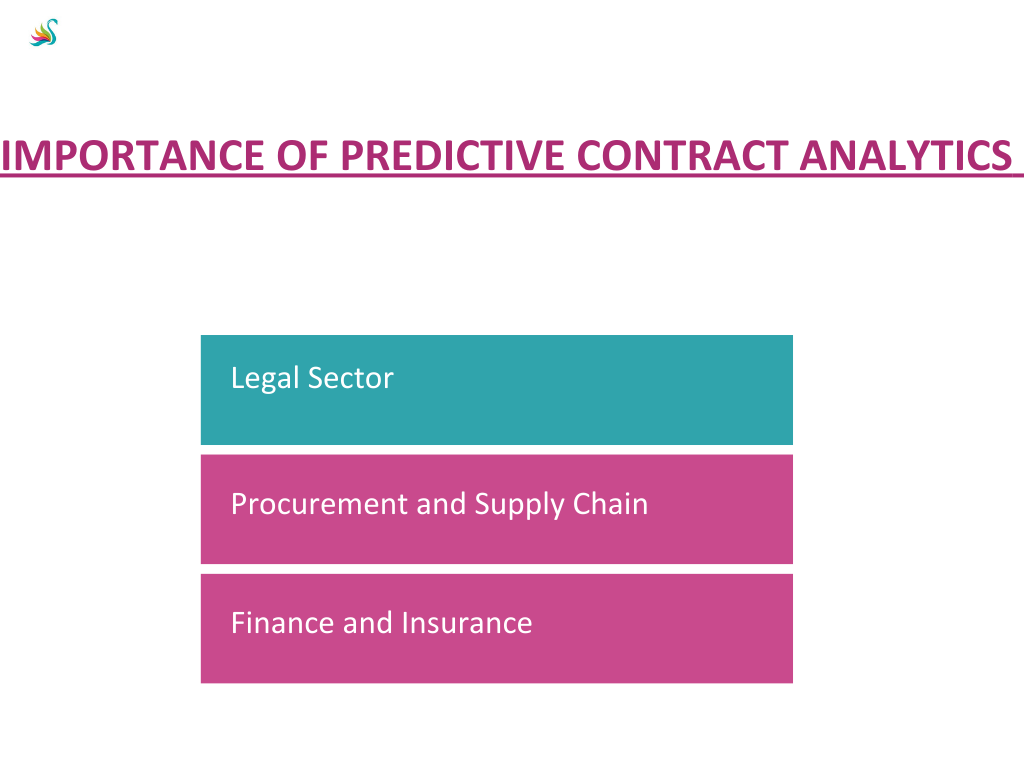
1. Legal Sector: In the legal industry, lawyers spend considerable time analyzing contracts to identify potential risks and anticipate outcomes. Machine learning-powered contract analytics enables lawyers to streamline their processes, identify hidden risks, and leverage historical data to draft better contracts.
2. Procurement and Supply Chain: Predictive contract analytics can significantly impact procurement and supply chain management. By extracting crucial information from contracts, organizations can optimize pricing, manage supplier risks, and enhance negotiation strategies.
3. Finance and Insurance: Machine learning-driven contract analytics offers insights to financial institutions, insurance companies, and auditors. Analyzing contracts helps identify non-compliant clauses, assess risks, and expedite claim processing, boosting efficiency.
Latest Advancements and Techniques in Machine Learning for Contract Analytics:
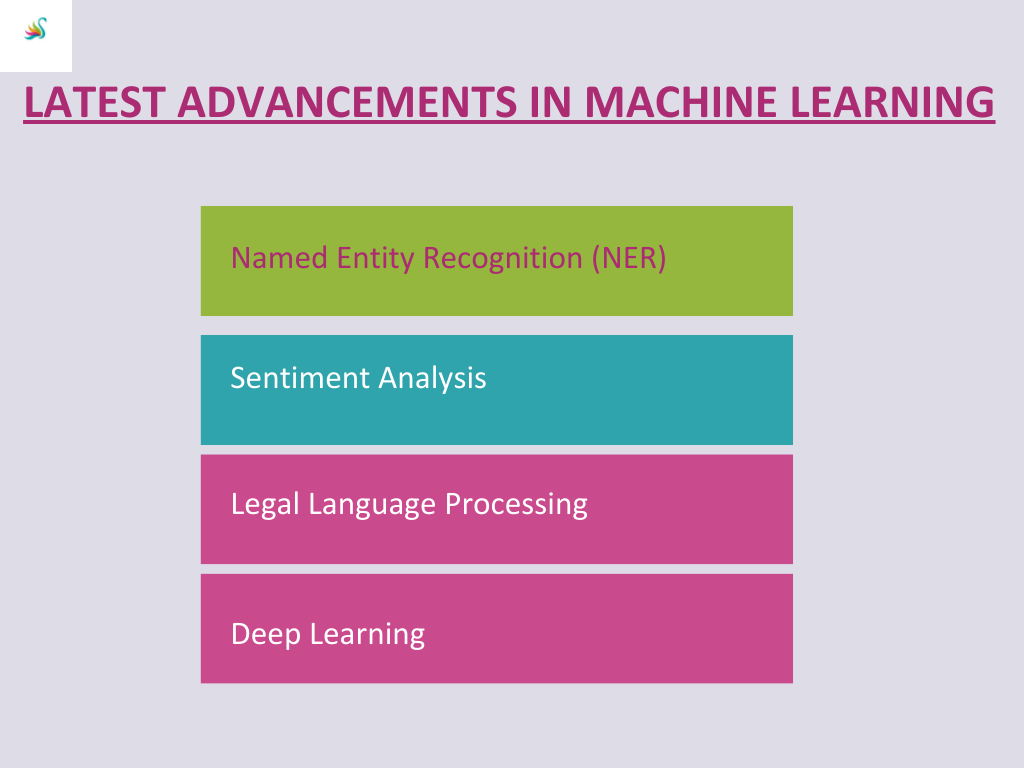
1. Named Entity Recognition (NER): NER algorithms automatically identify and extract various entities, such as parties, dates, obligations, and payment terms, from contracts. This allows for faster and more accurate analysis of critical elements.
2. Sentiment Analysis: Sentiment analysis algorithms process contract language to gauge the overall tone and sentiment, enabling organizations to identify potential conflicts or areas of concern.
3. Legal Language Processing: Machine learning algorithms, trained on legal corpora, can understand and interpret highly nuanced legal jargon, making contract analysis more effective and reliable.
4. Deep Learning: Deep learning models, such as recurrent neural networks (RNNs) and transformers, have shown promise in contract analytics. These models excel in capturing complex relationships within contracts and can be trained to predict outcomes, identify potential risks, and automate contract review processes.
Real-Life Examples of Machine Learning in Contract Analysis:
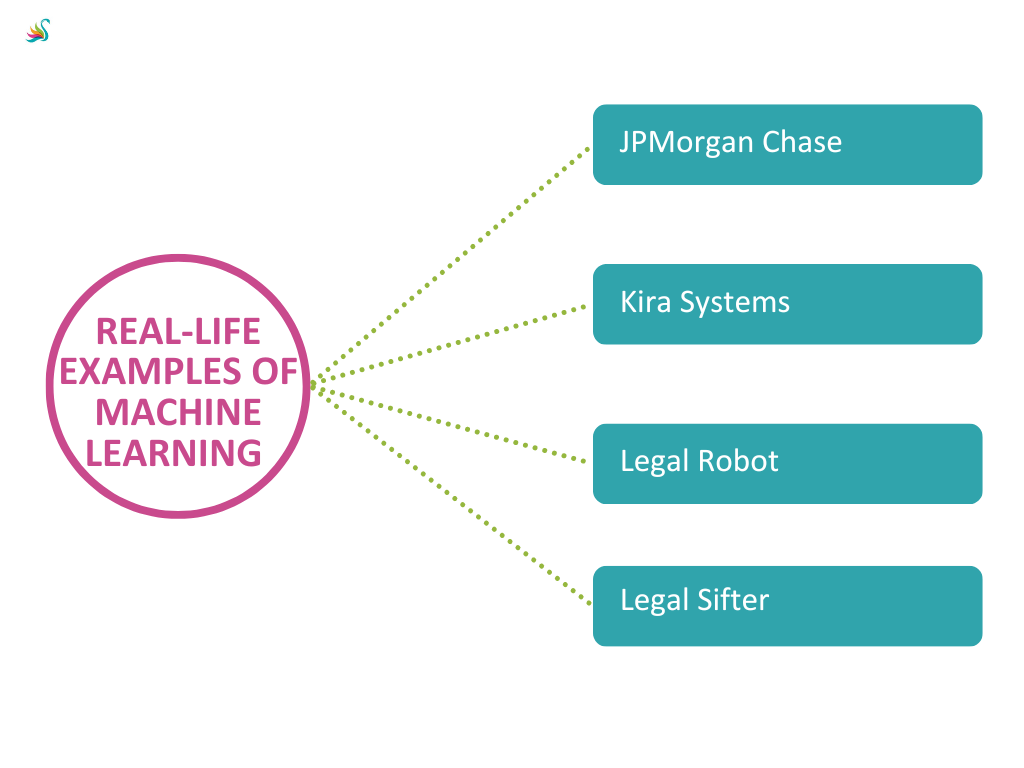
1. JPMorgan Chase: The banking giant implemented machine learning algorithms to analyze commercial loan agreements, reducing the time spent on contract review by over 80% while maintaining accuracy.
2. Kira Systems: Kira Systems utilizes machine learning to extract critical data points from contracts, enhancing due diligence and contract analysis across industries.
3. Legal Robot: This AI-powered contract analysis tool uses machine learning and natural language processing techniques to provide risk scoring and contract-specific insights
4. Legal Sifter: Legal Sifter is a contract analysis platform that employs machine learning to analyze contracts quickly and accurately. It uses a combination of NLP, machine learning algorithms, and predefined knowledge bases to review contracts, identify risks, and suggest revisions. Legal Sifter is capable of processing a wide range of contracts, including non-disclosure agreements, employment contracts, and software licenses.
Potential Benefits and Drawbacks of Machine Learning in Contract Analytics:
Benefits:
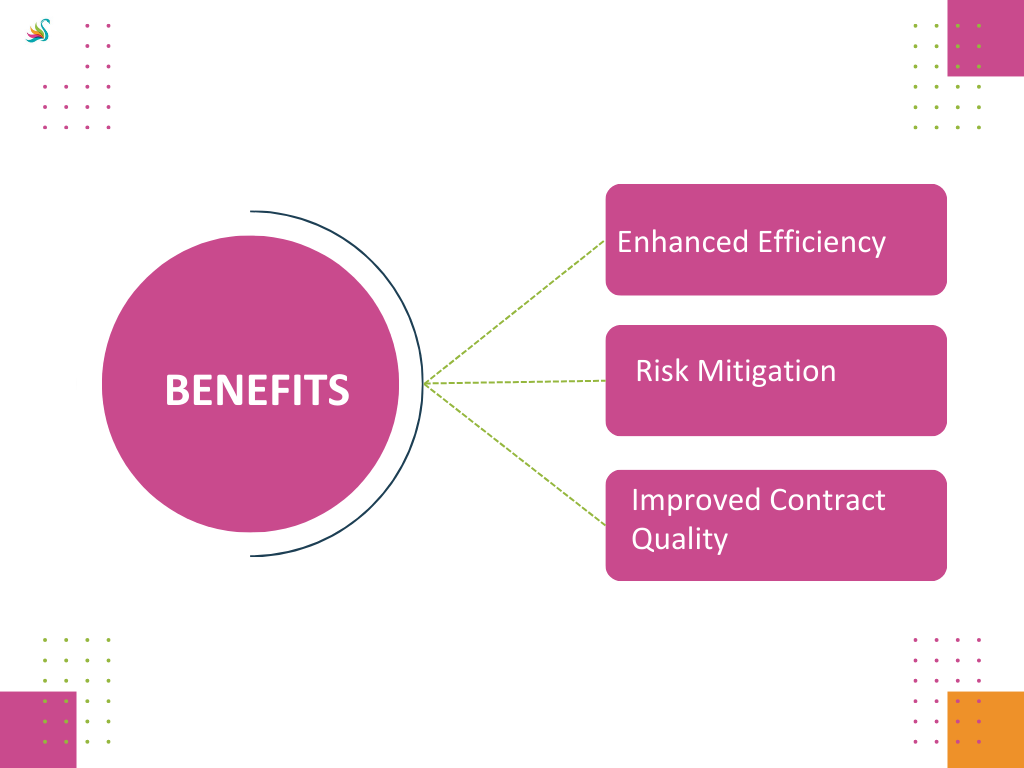
1. Enhanced Efficiency: Machine learning accelerates the contract analysis process, saving valuable time and resources.
2. Risk Mitigation: Predictive analytics helps identify potential risks, enabling organizations to make informed decisions and negotiate more favorable terms.
3. Improved Contract Quality: Machine learning algorithms can identify unusual clauses, suggest improvements, and identify discrepancies, ultimately leading to better contracts.
Drawbacks:
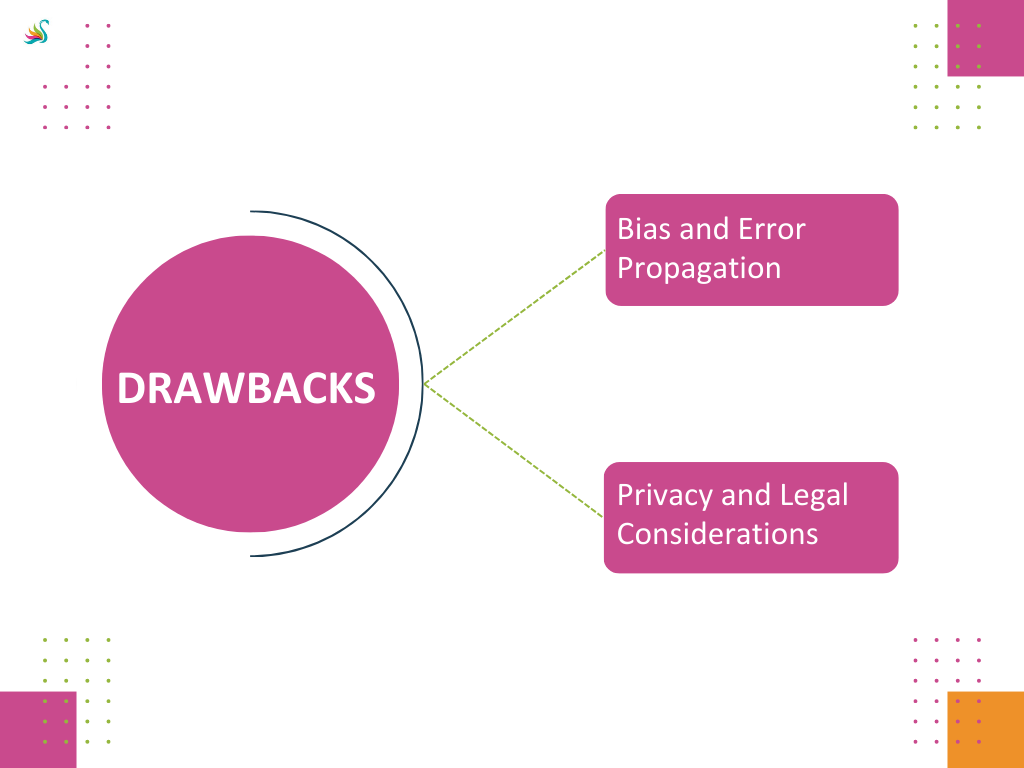
1. Bias and Error Propagation: If machine learning algorithms are trained on biased or incomplete datasets, there is a risk of introducing biases and perpetuating errors.
2. Privacy and Legal Considerations: The utilization of sensitive contract data must comply with privacy regulations and ensure data security.
Ethical Considerations:
The application of machine learning in contract analytics demands careful consideration of ethical implications. Transparency in data usage, ensuring accountability, and addressing potential bias are vital aspects that must be addressed to maintain ethical integrity.
Future Prospects and Challenges:
The future of predictive contract analytics heavily relies on advancements in machine learning algorithms, such as deep learning models. Overcoming challenges related to bias, explainability, and data privacy will be key to unlocking the full potential of machine learning in this field.
Conclusion:
Predictive contract analytics, leveraging the power of machine learning algorithms, is revolutionizing decision-making processes across industries. The ability to extract insights, predict outcomes, identify risks, and optimize contracts through machine learning has vast potential. However, careful consideration of ethical challenges and advancing the fairness and transparency of algorithms will be crucial as this field advances. With continued research and development, machine learning has the power to unlock unprecedented levels of efficiency, risk reduction, and contract quality in predictive contract analytics.
